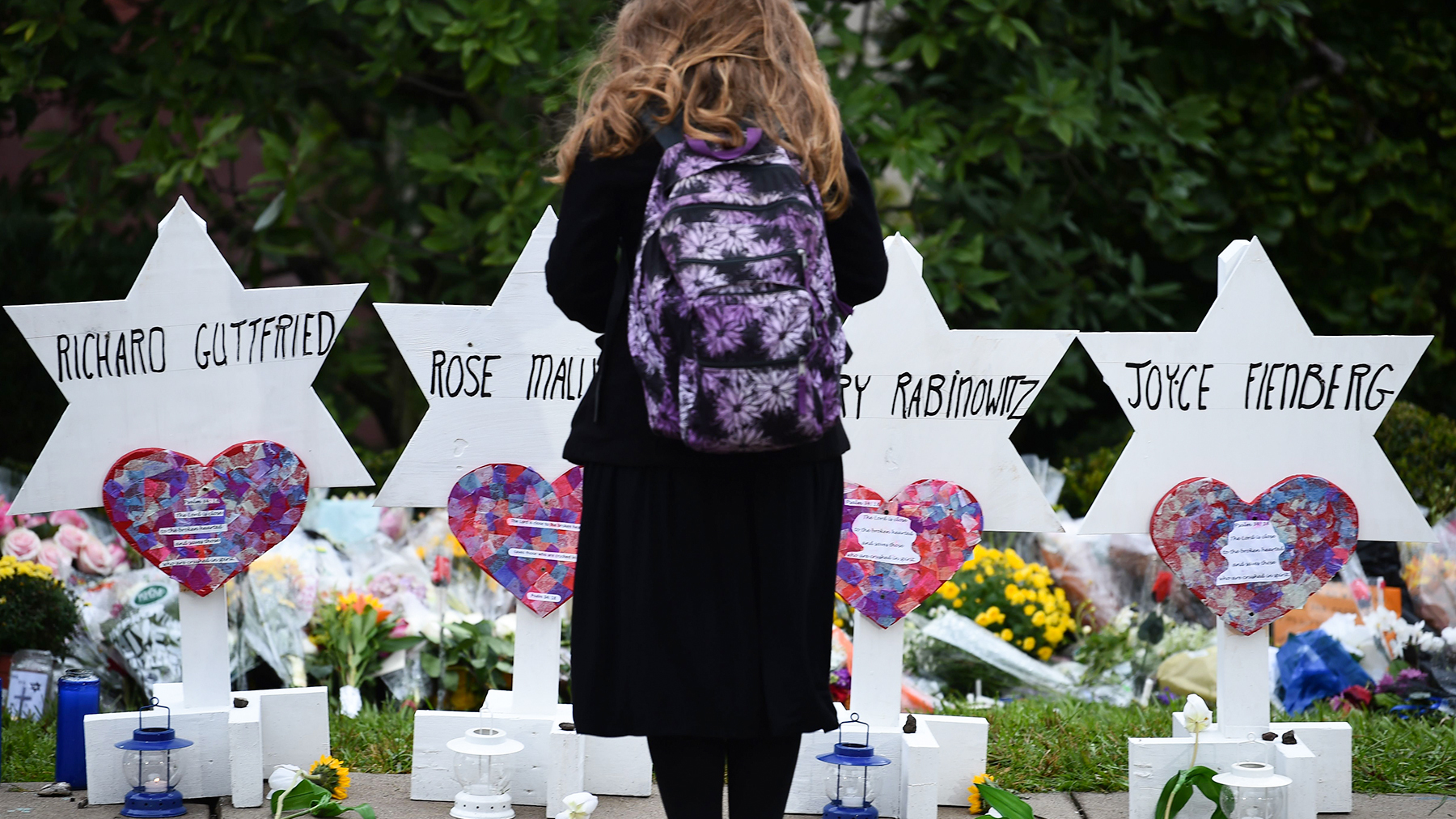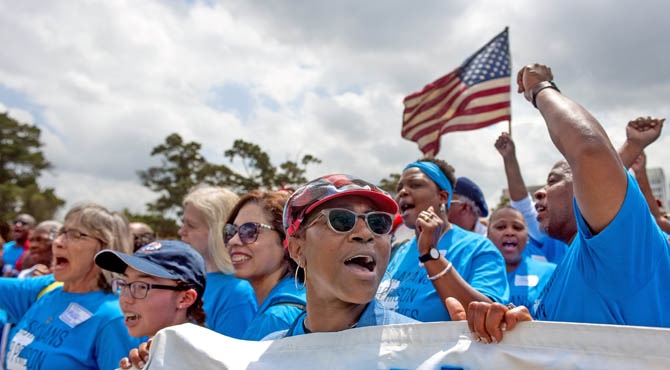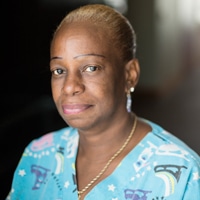
Latest News
The Southern Poverty Law Center documented 1,255 active hate and antigovernment groups in the United States last year.
What We Do

Southern Poverty Law Center monitors hate groups and other extremists throughout the U.S. and exposes their activities to law enforcement agencies, the media and the public.

We know we don't achieve equality and justice through the courts and investigative reporting alone. The future of our great country lies in the hands of today's young people.

We use the courts and other forms of advocacy to win systemic reforms on behalf of victims of bigotry and discrimination.
Your gift will help win justice on behalf of those who have no other champion, expose and fight the hate that thrives in our country, and provide tolerance education materials free of charge to schools across our nation.
Our Priorities
We provide free legal representation to detained immigrants facing deportation proceedings in the Southeast. You can help.
Hatewatch increases public understanding of how white supremacy is infecting and affecting the mainstream, how it harms communities and is a threat to democracy.
Join Our Mailing List
Friends of the Center support the fight for tolerance and justice with a modest, monthly gift.
Learn more about our current class action cases or find out if you might be a class member.
Your questions and concerns are important to us. Let us know how we can help.








